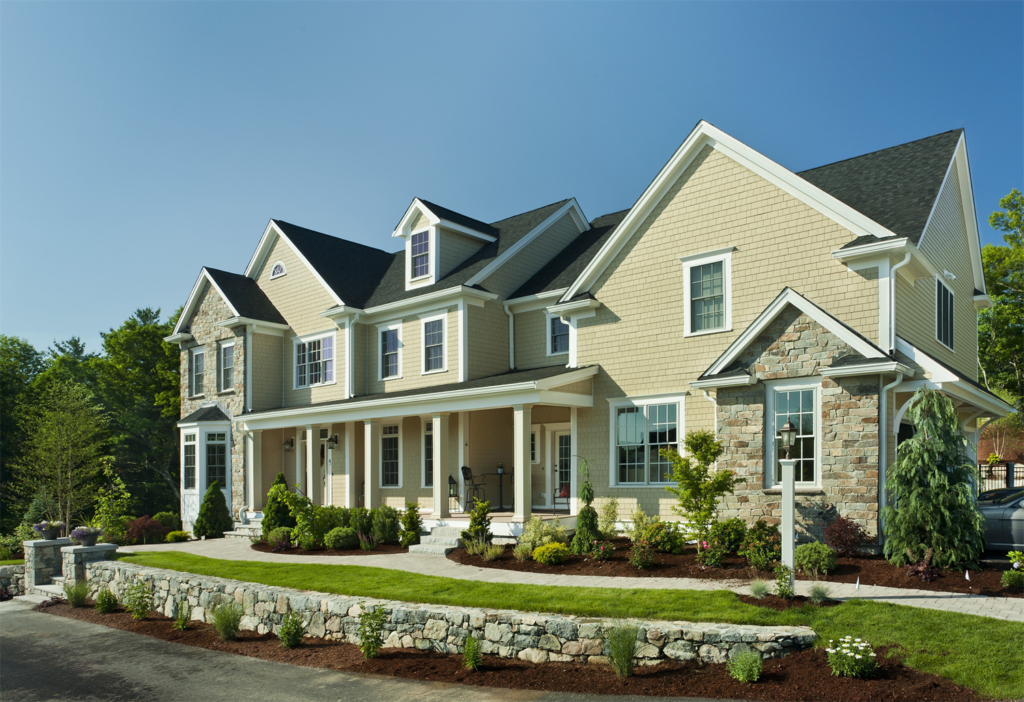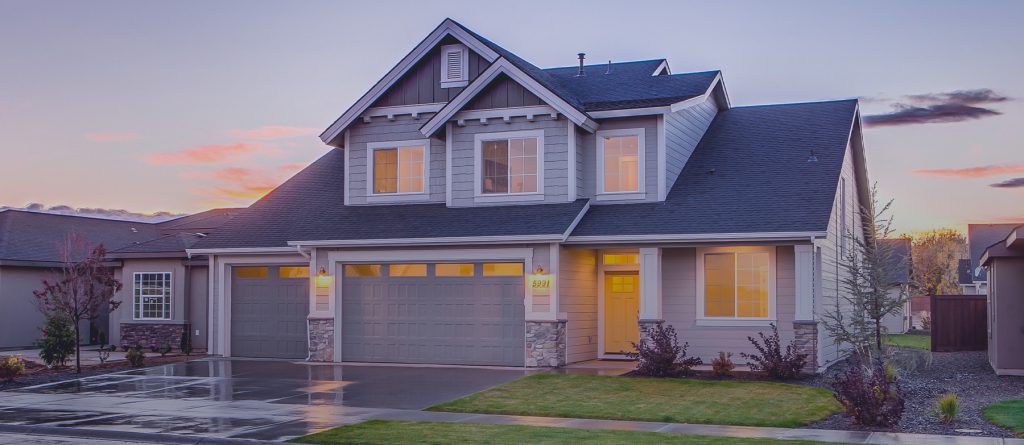Every homeowner wants to ensure their home looks nice and lasts long. However, to ensure this, they must choose a type of siding that is attractive and has a lot of durability to withstand snow, sleet, hail, and other conditions. This is where most homeowners begin to question whether fiber cement siding or vinyl siding is better for them. While both options are fantastic, you need to consider the costs, maintenance, energy use, appearance, durability, and eco-friendliness before you make a big decision like this.
The Durability of Fiber Cement Siding and Vinyl Siding
When choosing a type of siding for the exterior of a house or commercial property, you want to ensure that it can withstand the types of weather that your area typically experiences and normal wear and tear over time. The good news is that vinyl siding and fiber cement siding are durable. However, if this is important to you, it is worth noting that fiber cement siding tends to absorb water, liquids, and moisture in the air, while vinyl siding does not.
Which Siding Type Uses the Least Amount of Energy?
Vinyl siding is the best option for comparing energy usage between these two types of sidings. The reason for this is that when you choose vinyl, you can have an insulated version installed. By choosing the insulated vinyl siding, a professional will ensure that there is a layer of foam tucked between the walls and siding of your home. This will provide more comfort during the warmer months as well as the cooler months.
As a result, you will not need to run your HVAC system as often to keep your house cooler or warmer, which means you will not use as much energy. When you have questions about the right siding option for your Boston, Massachusetts, home, talk to the experienced team at Capital Construction.
The Maintenance of Fiber Cement Siding and Vinyl Siding
When comparing the maintenance factor of fiber cement siding and vinyl siding, fiber cement siding often needs more maintenance. This means you will need to have it repainted, caulked, and cleaned quite often to ensure that it lasts for as long as possible. On the other hand, vinyl does not require much maintenance, making it the easier choice to manage for years to come.
Which Type of Siding is More Eco-Friendly?
Many people want to ensure that the products they use and purchase for their homes will not harm the planet or the environment. Therefore, you may wonder which of these two siding options is more eco-friendly. The answer is fiber cement siding because it does not require using fossil fuels and consists of more sustainable materials and products. Fiber cement siding is made from only a few ingredients: water, sand, cellulose fibers, and Portland cement. On the other hand, vinyl siding is made of polyvinyl chloride, which is a type of plastic.
Is Fiber Cement Siding or Vinyl Siding More Fire-Resistant?
If a fire breaks out near your home, fiber cement siding is less likely to burn when compared to vinyl siding. Fiber cement siding has a Class 1(A) fire spread rating, the highest possible rating for siding options. This can give you peace of mind even if you do not live in an area where wildfires tend to occur.
The Costs and Expenses of Fiber Cement Siding and Vinyl Siding
Costs and expenses are among the most important deciding factors when selecting fiber cement siding or vinyl siding. That said, you may find it useful to know that vinyl siding is slightly cheaper. It is not only cheaper to purchase, but it is also cheaper to have installed. The reason for this is that vinyl is easier to install, making it a relatively quick and simple job to complete no matter the time of year or weather in Boston, Massachusetts.
What About the Appearance of Fiber Cement Siding and Vinyl Siding?
When deciding between the appearance of fiber cement siding and vinyl siding, this is mainly about personal preference. Different people have different products that appeal to their eyes. However, we can tell you a few differences between the looks of both types of sidings below.
Fiber cement siding: This type of siding is very easy to paint, comes available in already painted designs, and produces a more natural look on the house.
Vinyl siding: This type of siding has many options for choosing colors and designs. It also has a more manufactured look on the house. However, you should remember that it is not easy to paint or stain.
Which Siding Type Lasts the Longest?
Fiber cement siding and vinyl siding both last for a very long time. If truth be told, you may never need to replace either option if you commit to cleaning and maintaining them often. However, fiber cement siding is known to last up to 50 years if cared for properly, which is a slightly longer-lasting option.
Vinyl siding still has a great longevity of 30 years, but you should remember that it can become discolored and show signs of wear and tear after about 10 years. The decision is not as easy as some might think, which is why it is best to discuss the options with an experienced siding contractor. Capital Construction has more than two decades serving the Boston, Massachusetts, area.
Talk to the Experienced Team at Capital Construction Today
Choosing between fiber cement siding and vinyl siding can be extremely tough. However, the Boston professional contractors at Capital Construction are here to assist you with this difficult decision. We have almost two decades of experience handling both of these siding materials, and we can help you outweigh the pros and cons of each. Give us a call or complete our contact form today to begin learning about which option makes sense to you and your family. We will happily answer any questions or concerns you may have and provide a free quote on each.














